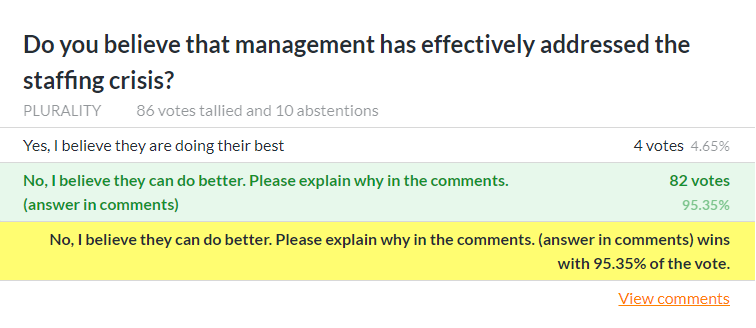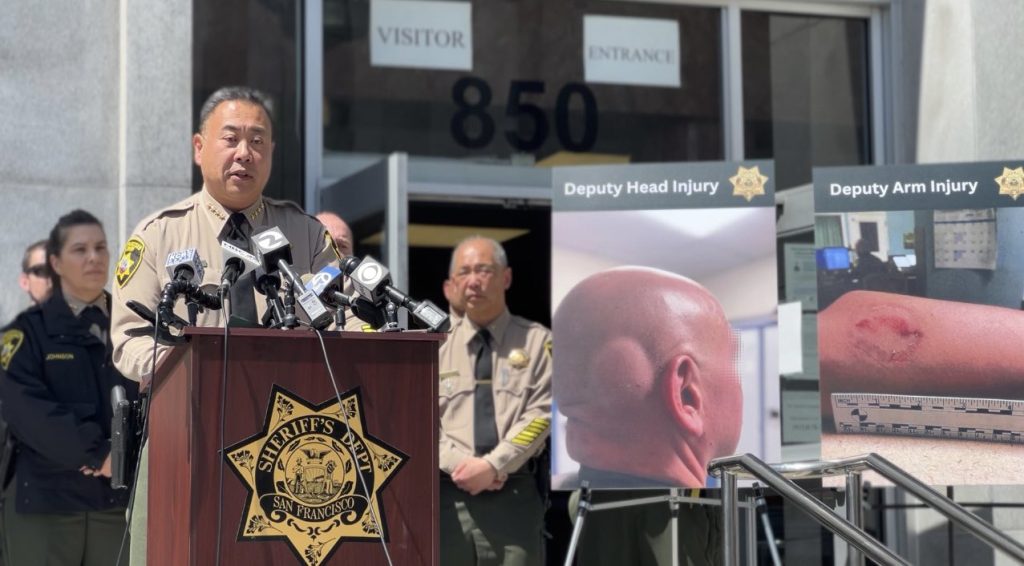In recent months, the San Francisco Deputy Sheriffs’ Association has been vocal about the critical issues plaguing our department. From severe staffing shortages to increasing incidents of prisoner violence, we have been sounding the alarm on the urgent need for action. A key step in this advocacy was a letter sent to Mayor London Breed, Sheriff Paul Miyamoto, and Board President Aaron Peskin, detailing these concerns and calling for immediate intervention.
However, the response – or lack thereof – has been deeply disheartening.

A Deafening Silence from the Mayor
Mayor London Breed has yet to acknowledge or respond to our letter. This silence is particularly troubling given the gravity of the issues at hand. The safety of our deputies, the well-being of prisoners, and the overall security of our community are at stake. The mayor’s non-response not only undermines the efforts of our deputies but also sends a concerning message about the administration’s priorities regarding public safety.
The Sheriff’s Unanswered Call
Sheriff Paul Miyamoto, similarly, has not responded to the letter. This lack of communication is alarming, especially considering that he is directly responsible for the conditions within our jails. The issues raised in our letter are not new; they have been escalating for years. Despite this, the sheriff has chosen not to engage with the union on these critical matters.
A Thank You to the Board of Supervisors
In contrast, the Board of Supervisors has taken a step towards addressing these issues by calling Sheriff Miyamoto into a hearing. During this session, the sheriff was questioned about the ongoing staffing crisis and the resultant safety concerns. We extend our gratitude to the Board of Supervisors for recognizing the severity of the situation and taking action. This hearing is a positive step towards accountability and solutions.
The Implications of Inaction
The non-response from both the mayor and the sheriff is more than just a communication breakdown; it is a stark indicator of the broader neglect of our department’s needs. Our deputies continue to work under hazardous conditions, stretched thin by understaffing and facing increasing risks of violence. The refusal to engage with the union on these issues not only hampers our ability to find solutions but also puts lives at risk.
A Call for Immediate Action
We urge Mayor Breed and Sheriff Miyamoto to break their silence and address the pressing issues outlined in our letter. The safety of our deputies, prisoners, and the public depends on it. The time for inaction has passed; we need concrete steps and open dialogue to resolve the crises within our jails.
The San Francisco Deputy Sheriffs’ Association remains committed to advocating for the well-being of our members and the safety of our community. We call on our city’s leaders to join us in this mission and take immediate action to address the critical issues at hand.

 Despite clear data indicating the harmful impacts of this practice, the SFSO leadership has persisted in its reliance on forced overtime to cover budgeted attrition and maintain fiscal balance. This shortsighted strategy prioritizes financial expediency over the physical and mental health of deputy sheriffs, creating a toxic work environment and jeopardizing public safety.
Despite clear data indicating the harmful impacts of this practice, the SFSO leadership has persisted in its reliance on forced overtime to cover budgeted attrition and maintain fiscal balance. This shortsighted strategy prioritizes financial expediency over the physical and mental health of deputy sheriffs, creating a toxic work environment and jeopardizing public safety.


